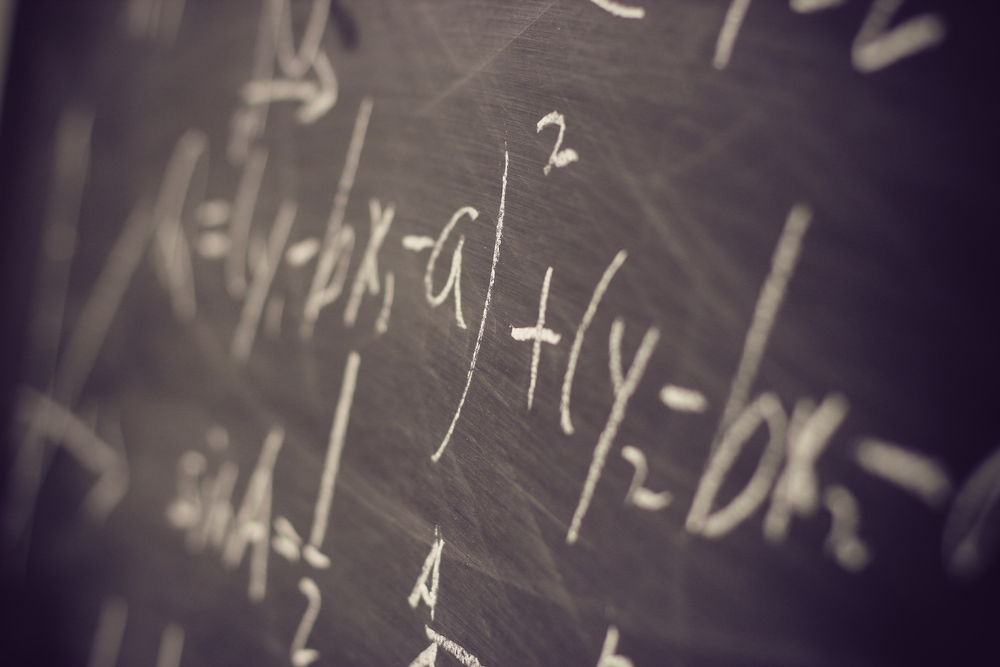The recent performances of AI models from OpenAI and Google DeepMind at the 2025 International Math Olympiad (IMO) have raised intriguing questions about the competitive landscape of artificial intelligence, as they both achieved gold medal scores in this prestigious contest. As one of the oldest and most challenging high school-level math competitions, the IMO underscores the rapid advancements being made in AI, while also highlighting the intense competition between these two tech giants.
AI Breakthroughs in Mathematics
In a stunning display of capability, OpenAI and Google DeepMind independently announced that their models scored gold medals at the IMO, achieving scores higher than many human participants. This year marked a significant evolution in how these AI systems interact with complex problems: both companies transitioned from using formal systems, which required human intervention to translate problems into machine-readable formats, to informal systems capable of generating natural language proofs. This shift allowed the models to answer five out of six questions accurately, showcasing their growing sophistication and understanding.
In previous competitions, Google had managed a silver medal using a formal system, which illustrates just how much AI technology has advanced in a relatively short timeframe. With both OpenAI and Google now achieving similar results, it seems the AI race is becoming increasingly neck-and-neck, with both organizations vying to claim superiority.
Debate Over Methods and Ethics
The aftermath of the announcement was not without controversy. Following OpenAI’s public declaration of its achievement, Demis Hassabis, CEO of Google DeepMind, criticized the early announcement, suggesting that it disrespected the IMO’s official results and the hard work of the student competitors. In a tweet, he noted, “We didn’t announce on Friday because we respected the IMO Board’s original request that all AI labs share their results only after the official results had been verified” [Twitter].
Thang Luong, a senior researcher at Google DeepMind, echoed this sentiment, explaining that the team had coordinated with IMO organizers to ensure a formal announcement would be made only after all students had been acknowledged. In contrast, OpenAI stated that it had hired third-party evaluators—specifically, former IMO medalists—to assess its model’s performance. Despite these evaluations, the early public announcement raised eyebrows and led to questions about the ethical implications of competing in a high school-level contest.
Technical Analysis and Future Implications
The advancements in AI reasoning models demonstrated by OpenAI and Google reveal both potential and limitations. While these systems excel in rigid mathematical environments, they still struggle with questions of ambiguity, showcasing a gap in their reasoning capabilities compared to human intuition—a crucial quality when it comes to tackling complex problems. Notably, both companies are aware that their models need further development to tackle real-world queries that require nuanced understanding.
This competitive dynamic not only impacts the reputations of these AI firms but also has broader implications for the talent market. As AI capabilities grow, the allure of working on cutting-edge technologies becomes increasingly compelling for researchers and developers in the field. A recent report from Statista highlighted that the demand for AI talent continues to surge, with major companies competing to attract top researchers from prestigious academic backgrounds, particularly those with success in competitive mathematics.
Community Response and Market Outlook
The reactions from the tech community have been mixed. Many celebrate the achievements and advancements in AI capabilities, viewing them as a positive sign of progress in the field. However, others express concern over the ethical ramifications of AI participating in competitions traditionally dominated by human intellect. Some critics argue that such endeavors could detract from the accomplishments of students while others advocate for more transparent evaluation methods in these environments.
Looking ahead, OpenAI is set to release GPT-5, which may further enhance its capabilities and bolster its competitive edge. As both companies continue vying for leadership in the AI landscape, it’s evident that the race is becoming increasingly competitive, with expectations for groundbreaking developments on the horizon. The IMO results signal not only the rapid evolution of AI capabilities but also set the stage for future competitions and benchmarks that will undoubtedly shape the way AI integrates into various sectors, including education and research.

